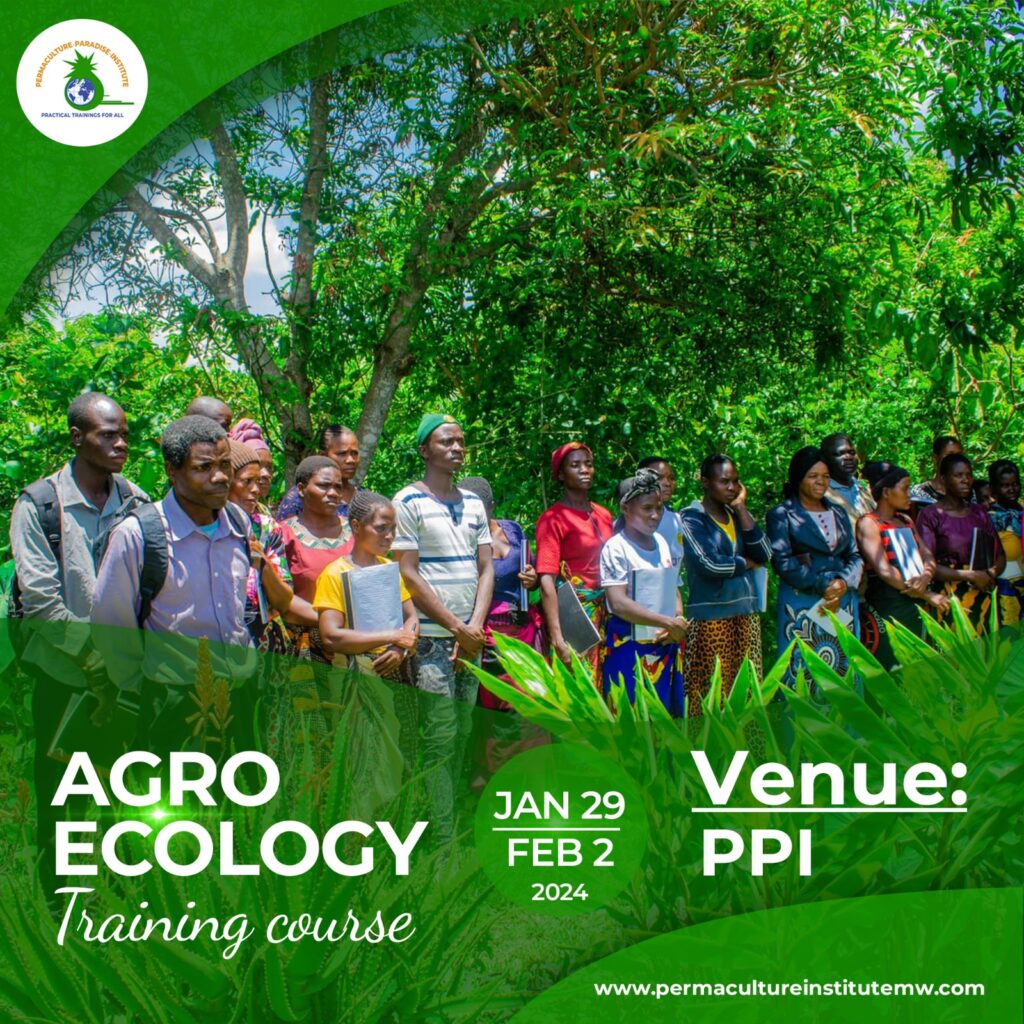As the sun rose on day three of the Sustainable Soil Management Training, participants gathered with eager anticipation, ready to delve into the heart of eco-friendly farming practices. This day was dedicated to the art and science of composting, a cornerstone of sustainable agriculture that nourishes our soils while respecting Mother Nature.
The day commenced with an enlightening session on compost process monitoring. Experts in the field shared their insights into the critical factors that influence successful composting. Participants learned about the intricate balance of carbon and nitrogen, the importance of moisture levels, and the role of temperature in the decomposition process. Armed with this knowledge, they eagerly prepared to put theory into practice.
In the bright morning light, the group transitioned outside to engage in hands-on activities that would bring the concepts to life. There was an unmistakable sense of camaraderie as participants donned their gloves and grabbed shovels, ready to turn the heaps of organic materials into black gold. This vital process of aeration not only enhances decomposition but also reinforces the bonds of community, as learners collaborated to transform simple kitchen scraps and garden waste into a nutrient-rich compost.
As the compost piles turned, so did the conversations. Participants exchanged tips on practical applications of compost, discussing how incorporating it into their farming systems could dramatically improve soil health and crop yield. The thrill of discovery filled the air as they realized the far-reaching implications of their work—not just for their farms, but for the environment as a whole.

The afternoon wrapped up with a thought-provoking session on sustainable practices for soil management. Participants explored innovative techniques such as cover cropping, crop rotation, and reduced tillage, each designed to enhance soil structure, increase biodiversity, and reduce erosion. The discussions were lively, fueling a collective passion for finding more ways to nurture the earth rather than deplete it.

As day three came to a close, it was clear that the participants left with more than just knowledge; they departed with a renewed sense of purpose. The hands-on experience of composting had not only equipped them with practical skills but had also sparked a deeper commitment to sustainable practices that would ripple through their communities.
In an era where environmental challenges are becoming increasingly urgent, this training program is a shining beacon of hope. With each session, participants are empowered to take actionable steps towards cultivating healthier soils and, ultimately, a healthier planet. The journey toward sustainable agriculture is ongoing, but days like this remind us that every small effort counts in making a profound impact.
With a promise to inspire others, these budding soil stewards are not just learning; they are becoming agents of change, sowing the seeds for a greener future.



